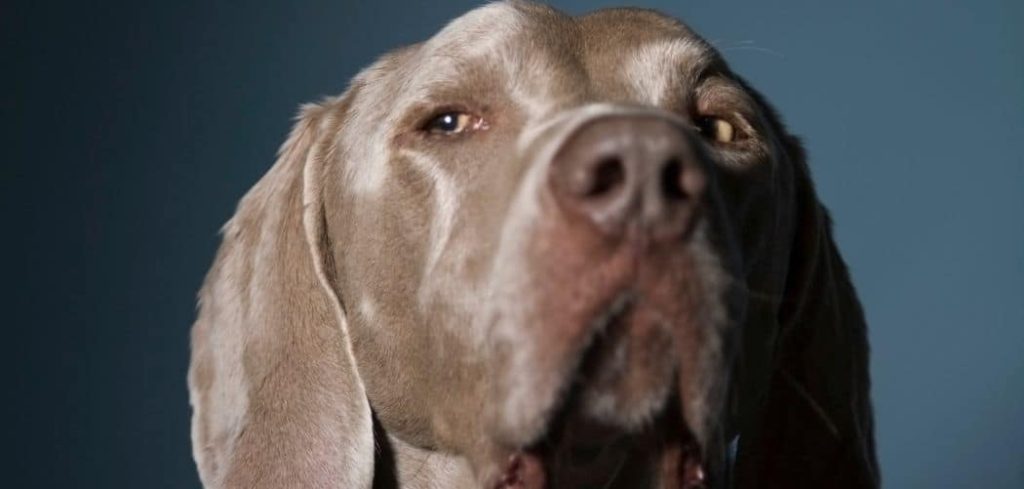If your senior dog is suddenly drinking a lot of water and peeing in the house, it’s more than just a mess—it’s a sign something may be wrong. Increased thirst and urination can indicate age-related medical conditions that deserve prompt attention.
We outline the common causes of old dog drinking lots of water and peeing in house, what you can do at home, and when to seek veterinary help.
Old Dog Drinking Lots of Water and Peeing in House — Why It Happens
Older dogs often drink and urinate more due to kidney disease, diabetes, Cushing’s disease, or urinary tract infections. These conditions can cause both increased thirst (polydipsia) and excessive urination (polyuria), sometimes overwhelming even a fully house-trained dog. Early detection is key to managing the underlying cause and reducing accidents.

Common Causes of Old Dog Drinking Lots of Water and Peeing in House
Kidney Disease
As dogs age, kidney function naturally declines. When the kidneys can’t concentrate urine properly, your dog compensates by drinking more water.
You may notice larger puddles, weight loss, and a decrease in appetite.
Chronic kidney disease is common in older dogs and can often be managed with diet and medication.
Read more: Dog Drinking a Lot of Water and Peeing a Lot (What it means)
Diabetes Mellitus
Diabetes causes elevated blood sugar, which pulls more fluid into the urine, leading to excessive drinking and peeing.
Other signs include increased appetite, weight loss, and lethargy.
Senior dogs with diabetes need blood tests for diagnosis and typically require insulin and dietary changes.
Cushing’s Disease (Hyperadrenocorticism)
Cushing’s results from excess cortisol production, causing increased thirst, urination, and often incontinence.
Look for other signs such as a pot-bellied appearance, thinning fur, and skin infections.
This condition is diagnosed through blood tests and treated with medication.
Urinary Tract Infection (UTI)
UTIs are common in senior dogs and can lead to frequent urination, discomfort, and indoor accidents.
There may be blood in the urine or signs of straining during urination.
A simple urinalysis and antibiotic treatment can resolve many cases.
Cognitive Dysfunction (Canine Dementia)
Older dogs may forget house-training routines due to cognitive decline.
Confusion, disorientation, nighttime restlessness, and whining can accompany this issue.
Medications, supplements, and maintaining a structured routine can support cognitive health.
What to Do If Your Old Dog Is Drinking and Peeing Excessively
Monitor how much water your dog is drinking each day. Measure if needed.
Note the frequency and volume of urination, and any signs of straining or discomfort.
Avoid punishment for indoor accidents—it won’t help and may increase anxiety.
Use waterproof bedding, frequent potty breaks, and pee pads if needed to manage messes compassionately.
Schedule a veterinary visit with a urine sample and be prepared to discuss recent behavior changes.
When to Call or Visit Your Vet
Contact your vet if your senior dog:
Drinks significantly more water than usual
Has frequent indoor accidents despite being house-trained
Is losing weight, lethargic, or showing appetite changes
Strains to urinate or has blood in the urine
Seems confused or disoriented
Early diagnosis can make a big difference in managing chronic conditions and improving quality of life.
Read more: Dog Drinking a Lot of Water and Panting (Here’s why)
Key Takeaway
When an older dog is drinking excessively and peeing in the house, it’s not just aging—it’s often a medical issue.
With careful observation, compassion, and veterinary support, you can manage the root cause and keep your senior dog comfortable and dry.
